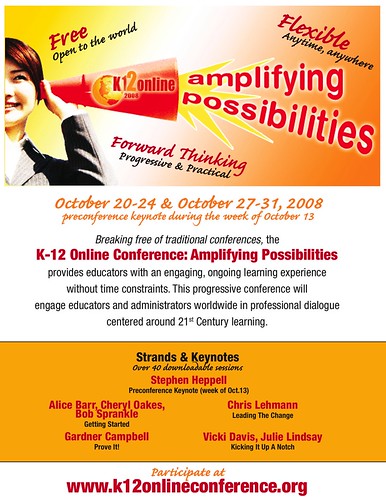I just finished watching Paul Grignon’s 47 minute animated video, Money as Debt. The video is at least a year old, but has regained some popularity with Bush’s proposed 700 Billion dollar financial sector bailout dominating the news. The video describes, in very understandable terms, some of the underlying issues with our monetary systems. It describes the history of the current monetary system, describes how fractional reserve banking began, identifies the problems inherent in our debt-based credit system, and suggests several alternatives for monetary reform.
Sounds a bit boring? Actually, it was very interesting. I recommend the video, and as always, view with a critical mind.





